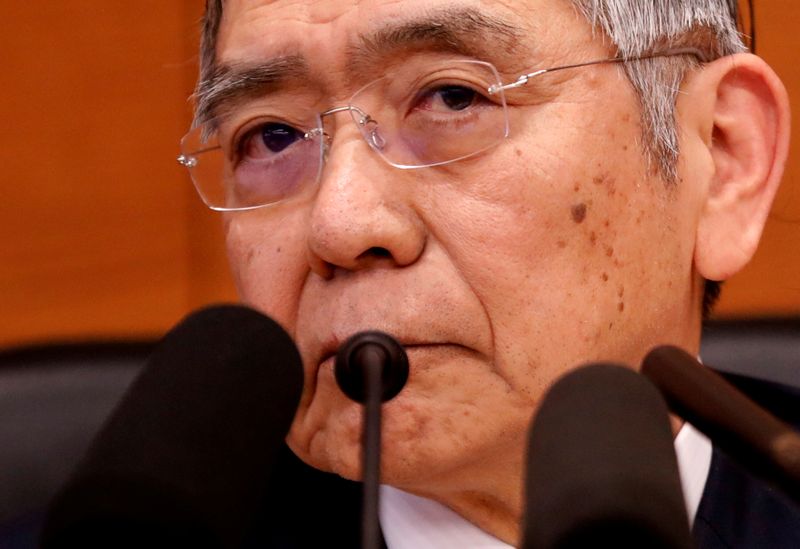
President Donald Trump speaks during a campaign rally at Manchester-Boston Regional Airport in Londonderry, New Hampshire on October 25, 2020. Democratic Presidential candidate and former Vice President Joe Biden delivers remarks at a voter mobilization event in Cincinnati, Ohio, on October 12, 2020.
Getty Images
Being tough on China is what unifies a polarized United States right now, according to former top White House trade negotiator Clete Willems.
A day after Americans voted, the race between President Donald Trump and Democratic nominee Joe Biden is still up in the air — with six states yet to be called by NBC News.
Regardless of who takes the White House, the relationship with China will remain more or less status quo, said Willems, a partner at Akin Gump.
“The truth of the matter is that being tough on China is what unifies us in a polarized nation right now. We’re polarized in our politics but we are not polarized on China,” he told CNBC’s “Squawk Box Asia” on Thursday.
Willems said that if Biden wins, he would be constrained by the political environment and will unlikely go back to some of the China positions he held in the past that were seen as relatively weak.
Still, there would likely be more predictability in Biden’s policies. “You’re not going to have tweets announcing tariffs in the middle of the night kind of thing, but overall the trajectory is going to be more or less the same. I think China is going to have to deal with that reality moving forward,” Willems said.
Bilateral relations between the world’s two largest countries have deteriorated significantly over the last few years due to a trade war, U.S. sanctions against Chinese companies, and increased American support for Taiwan as well as India.
Trump and his administration have blamed China for its unfair trade practices, intellectual property theft, and more recently, the coronavirus pandemic.
Willems pointed out that the “phase one” trade deal between the two countries addressed some of the concerns the U.S. has over China’s practices. To rein in an 18-month trade war, both countries signed a trade agreement this year that pushed China to strengthen its intellectual property protection plan and increase its purchase of American manufacturing, energy and agricultural goods and services over two years.
“If you look at the agricultural market access, if you look for the IP changes, that was some real meaningful stuff and I think that will be a lasting legacy,” Willems said. He added that export controls imposed on Chinese tech giant Huawei, which was labeled a national security risk by Washington, sent the firm into survival mode.
“There’s clearly been some successes to point to. I do think that in a lot of respects, there’s a long way to go,” he said, adding that he hopes that if Biden wins, the former vice president can “pick up the torch” from Trump and deal with some of the major issues concerning China that have yet to be addressed.
When asked if there was a chance that the U.S., under a Biden administration, may rejoin the massive Trans-Pacific Partnership trade agreement, Willems pointed out the deal faced bipartisan opposition in Congress. While Biden may potentially look at the agreement again, there would need to be renegotiation of some of the provisions before the U.S. considers rejoining the pact, according to Willems.

